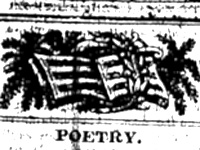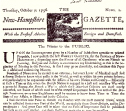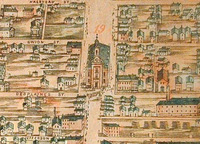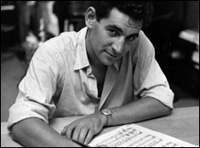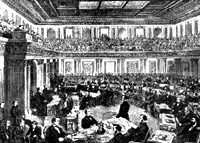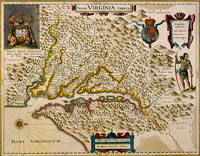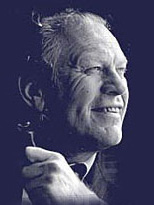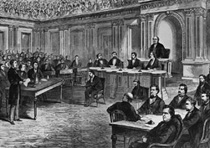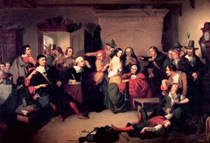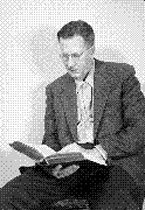Curated by Carl Smith, Professor of English and American Studies at Northwestern University in a collaborative effort with the Chicago Historical Society, this rich site provides an online exhibit commemorating one of the most notorious incidents in late-nineteenth-century labor history, the Haymarket Affair. On May 4, 1886, two workers were killed in a struggle between police and locked-out union members at the McCormick Reaper factory. On May 5, 1886, someone threw a dynamite bomb into a group of Chicago policemen sent to control the ensuing protest, killing seven. This site is an online exhibit of selected materials from the Chicago Historical Society's Haymarket Affair Digital Collection. Organized in the form of a drama, the site contains a prologue, five acts, and an epilogue, all arranged chronologically.
The prologue, "Whither America," covers the period between Chicago's Great Fire in 1871 through 1880, with emphasis on the railroad strike of 1877 and other developments in the radicalization of American workers. Act I, "Subterranean Fire," discusses the widening class divisions and resulting rising level of violence in America. Act II, "Let Your Tragedy be Enacted Here," recounts the demonstrations of 1886, the protestors' meeting, and the bombing. Act III, "Toils of the Law," covers the legal proceedings beginning with the "red scare" and police "witch hunt" following the bombing and continuing through the sentencing of the convicted anarchists in October 1886. Act IV, "Voice of People," relates the legal and public appeals ending with the executions of 1887. Act V, "Raising the Dead," moves from the funerals of the executed men to Governor John P. Altgeld's pardon of the surviving defendants in 1893.
The epilogue, "Drama Without End," deals with the contested heritage of Haymarket, including centennial events in 1986. Each part consists of a 500-word interpretive essay and topical sections including a total of over 50 visual materials, such as images of artifacts, photographs, and engravings of the people involved in the Haymarket Affair, and over 30 facsimiles of selected manuscripts and printed materials. Each "Act" contains a final section that includes full-text transcriptions of documents from the Haymarket Digital Collection. The site also includes virtual tours of the Haymarket area and of Forest Home Cemetery, where a monument to the convicted men is located, and audio recordings of contemporary labor songs. This site is beautifully contextualized, well-presented, and easy to navigate. It contains a keyword search engine as well as a table of contents.
